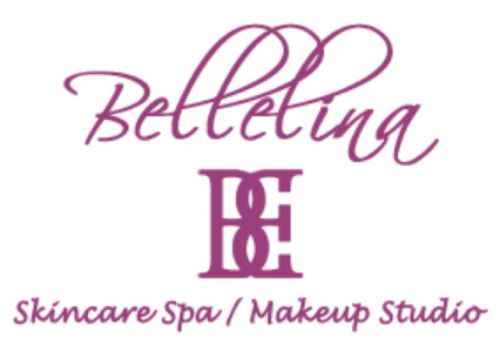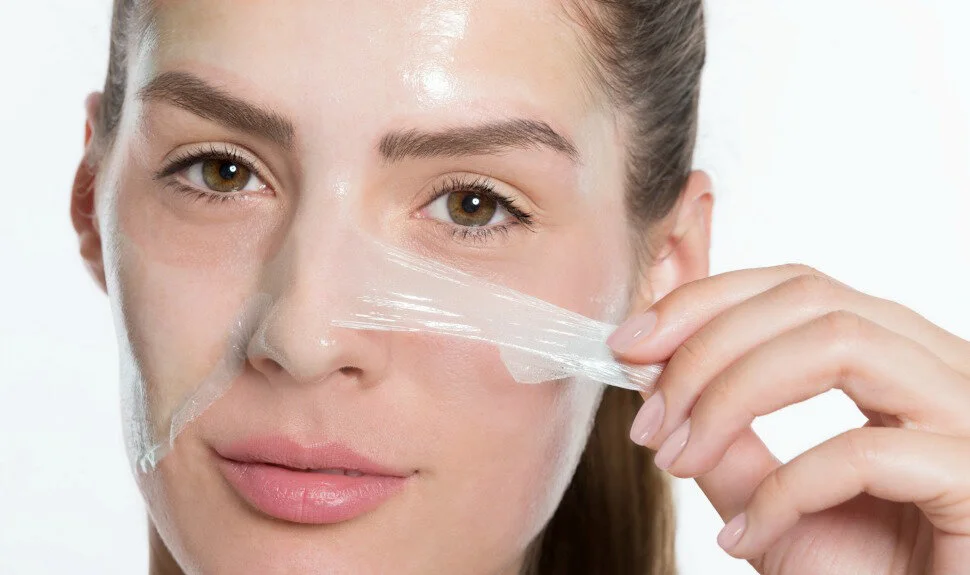It is common knowledge in the esthetic industry that chemical peels have a bad reputation and clients are often afraid of them. What is it that clients fear and are there any thrushes to these apprehensions? Just like any other advanced skincare treatment, there are risks and benefits. However, when treatments are done by properly trained professionals, the benefits to the skin far outweigh the risks. There are many common misconceptions about chemical peels and deciphering fact from fiction is the first step to understanding if this treatment is right for you.
Myth #1. Chemical peels will leave you with significant downtime.
People tend to associate chemical peels with the infamous Sex and the City episode where Samantha had a chemical peel and looked as she was severely burned with sheets of skin falling off. This is usually only the result of a very deep chemical peel performed by physician. These types of chemical peels (most commonly phenol) are not often performed anymore because now they are laser treatments that provides this very deep resurfacing with fewer side effects and less downtime. There are many different types of peels available. Some of these peels are very mild with no visible exfoliation or downtime at all including alpha and beta hydroxy peels. There are deeper peels such as Jessners or TCA that are stronger and may leave visible peeling and slight redness. For instance doing a series of these peels can give you the results of a one very deep peel without the downtime of the “Samantha” look.
Myth #2. Chemical peels can be performed at home.
Just because there are peels available online or even at the local drugstore, does not mean that they should be performed at home by untrained individuals. The superficial peels sold at the local drugstore, although still dangerous in the wrong hands, cannot give you the results you would get from a professional peel. On the other hand, there are many websites that are now selling professional level peels to anyone without as much as a cosmetology license. These deeper peels should only be performed by medical professionals or specially trained aestheticians. There are many steps that go into these treatments besides applying the product. There are medical questionnaires that need to be thoroughly reviewed for possible contraindications. Four instance, if someone is prone to cold sores or has an active cold sore, applying a chemical peel can cause a herpetic breakout over the entire face that can eventually lead to scarring. The scan also needs to be cared for properly before during and after the procedure. These online peels most often do not come with the instructions and clients find themselves spending more money in the long run on expensive medical appointments and cosmetic treatments to try and repair the damage.
Myth #3. Receiving a chemical peel is a one time solution.
Although chemical peels can help repair visible damage on the surface of the skin, they cannot repair the irreversible damage of the sun and other factors associated with aging. In fact, if clients are receiving chemical peels and continue to sunbathe with no SPF they will most likely get more damage than they previously had. Superficial peels are performed to reduce the appearance of fine lines, even out skin tone and to treat acne. The deeper peels are performed for the same reasons but because they penetrate deeper into the skin, they will create a wound response to stimulate collagen production as well. Receiving this treatment once will give the skin visible results, however it needs to be done on a more consistent basis to receive the best outcome. You can compare it to weightlifting where the more consistent and regimented your routine is, the better your outcome will be. Keeping this in mind, it is important to know that depending on the amount of damage one has on the skin, they may need several treatments. It is vital with these treatments that the client cares for their skin after. Skin heals more efficiently in a moist environment so the use of an effective moisturizer and a sunscreen with and SPF of 30 or higher is of the utmost importance!
Myth #4. Chemicals are bad for you.
Not all chemicals are bad. The word chemical often scares individuals from receiving these beneficial treatments. Yes, it’s a chemical, but so is anything formulated from a chemist, including the ibuprofen you take for headache or the hydrogen peroxide you put on your cut. Actually the active acids in most chemical peels and natural. Glycolic acid comes from sugarcane, lactic acid from sour milk and salicylic acid from willow bark. These products are safe to use as long as all risks and possible contraindications are assessed before the treatment. Also the word “acid” can have negative connotations. People often thought that acids are dangerous because there are some that can severely burn the skin, such as battery acid. The fact is that some of the most beneficial non-irritating ingredients like hyaluronic acid actually help to heal the skin and cause no exfoliation at all.
Myth #5. Chemical peels are only beneficial for those the problem skin.
Chemical peels can be beneficial for most skin types including sensitive skin. They not only treat problem prone skin, but they can also be preventative as well. The normal rate of skin cell turnover is between 21 to 28 days. Depending on the amount of damage in our skin, this rate tends to slow down dramatically usually starting in our late 20’s. By receiving superficial peeling treatments this will help to increase the cellular turnover to stimulate healthy self growth while exfoliating dead cells. Prevention for the skin will only be effective a proper skin care products are used along with proper sun protection.

